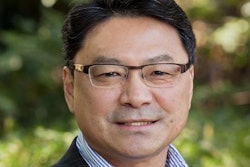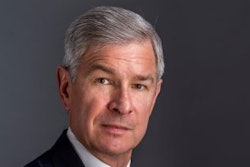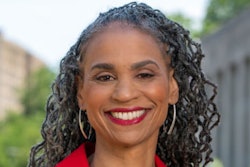When Morgan State University began offering its community college leadership doctoral program online this fall, it joined a crowded field of institutions offering terminal degrees to future leaders of two-year institutions.
Given its record of success in graduating minority leaders, the online expansion of Morgan State’s Community College Leadership Doctoral Program will likely strengthen the pipeline of minority administrators ready to fill an expected leadership gap at schools serving a disproportionate number of African-American and Latino students.
CCLDP is situated to ensure that “the pipeline gap gets narrowed by us so when people say, ‘We can’t hire that person, we can’t hire Blacks or we can’t hire any Latinos or women as our senior staff at these community colleges because they just aren’t coming through the pipeline,’ we (can) debunk that myth,” says Dr. Rosemary Gillett-Karam, CCLDP director and an associate professor of higher education at Morgan State and the former president of Louisburg College in Louisburg, N.C.
Founded by Dr. Christine Johnson McPhail, an emerita professor at Morgan State who this year received the American Association of Community Colleges’ (AACC) National Leadership Award, CCLDP has graduated 91 percent of its students — 75 percent of whom are African-American. When CCLDP was established in 1998, it was the only one of its kind offered by a historically Black institution and in Maryland, although there is another program in the state now.
CCLDP’s expansion online may prove vital in addressing some of the problems projected by a 2008 Iowa State University study predicting a dearth of leaders needed to replace retiring Baby Boomers. In a survey of 415 community college presidents, nearly 80 percent said they would retire by 2012.
While America’s 1,200 community colleges enroll nearly half of its undergraduates and a disproportionate number of minorities, people of color are largely missing from the leadership ranks. According to AACC, African-Americans and Latinos account for 8 and 6 percent, respectively, of school executives. In addition, just 28 percent of community college executives are women.
The issue of finding competent community college leaders is likely to magnify in the future based on the expanded role community colleges will play in the Obama administration’s educational agenda.




















